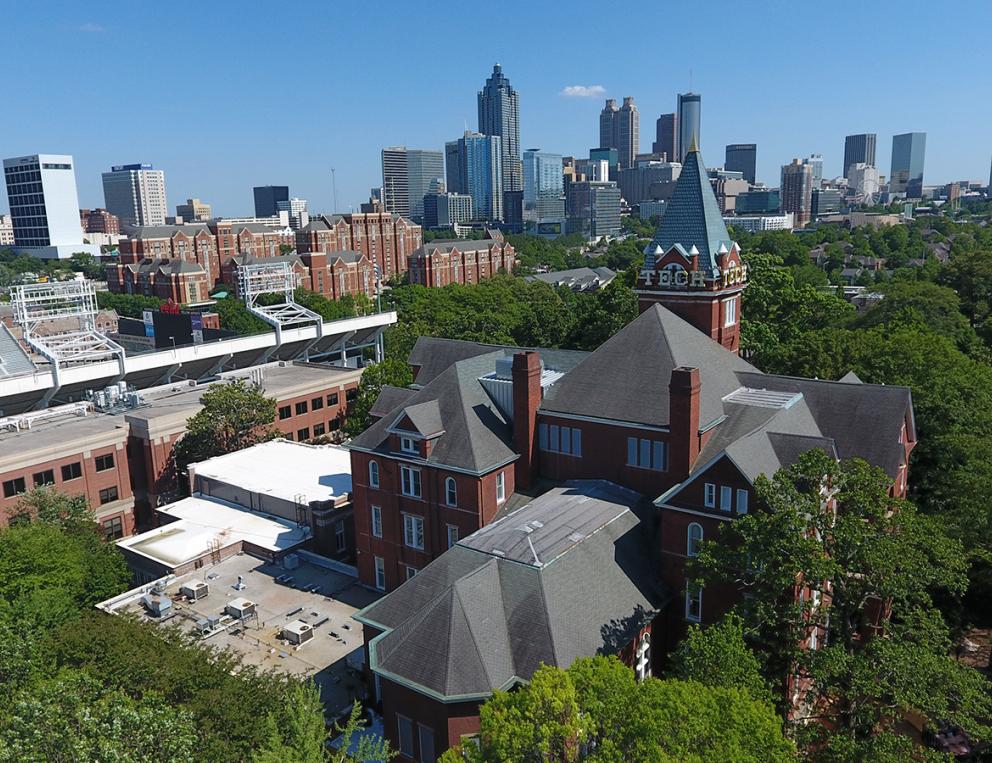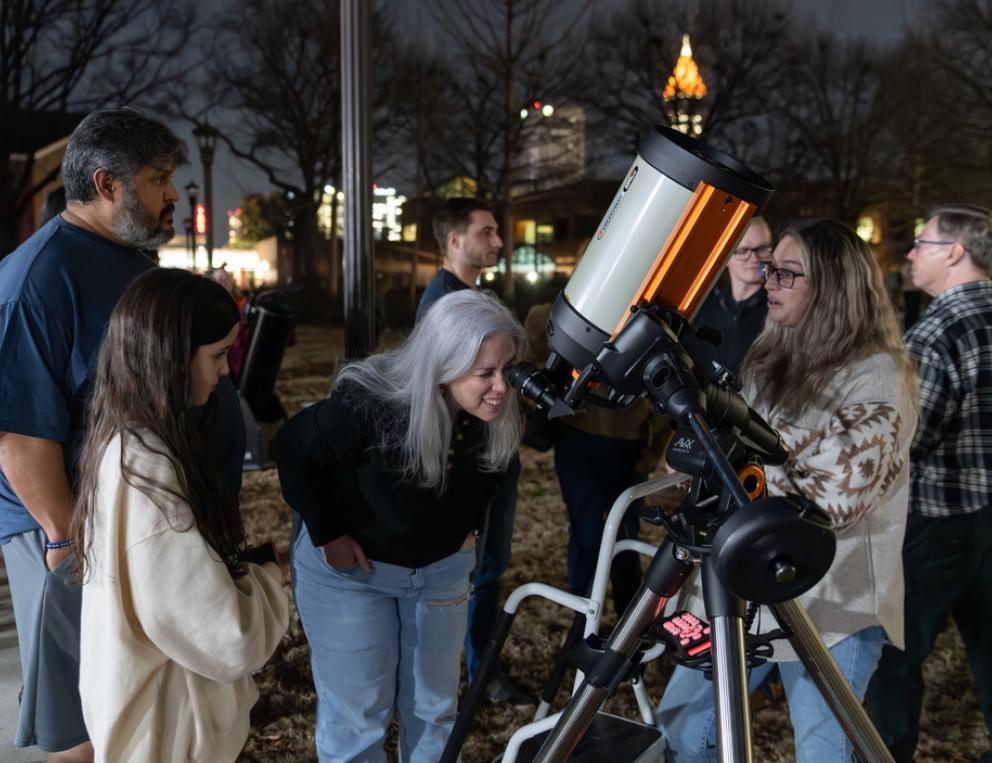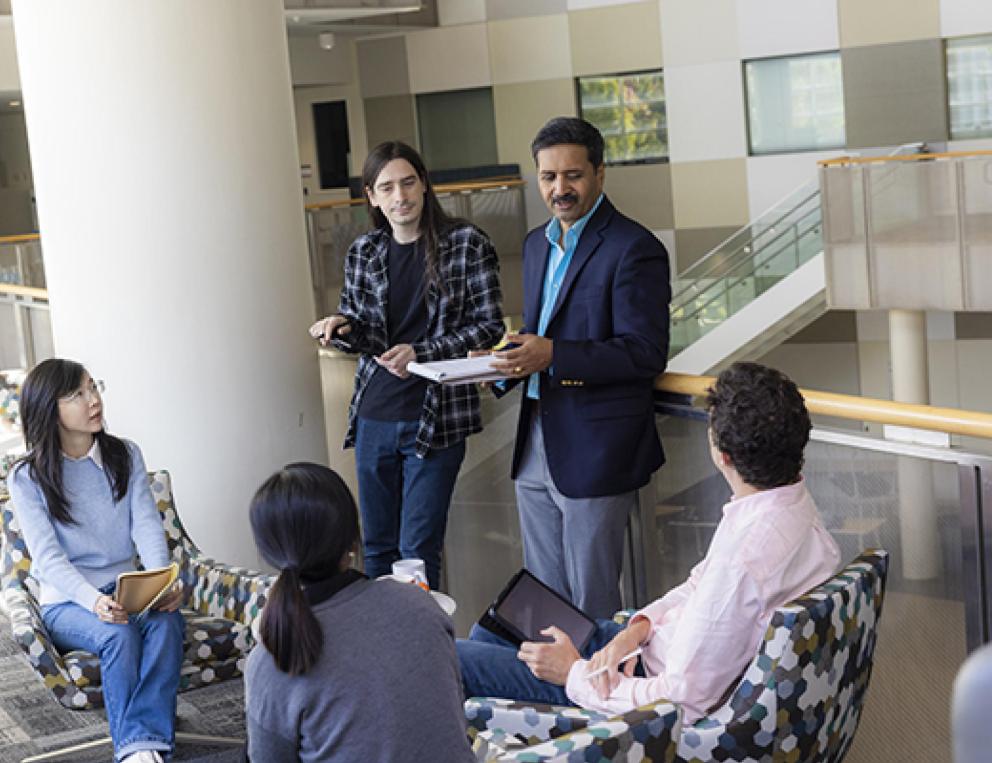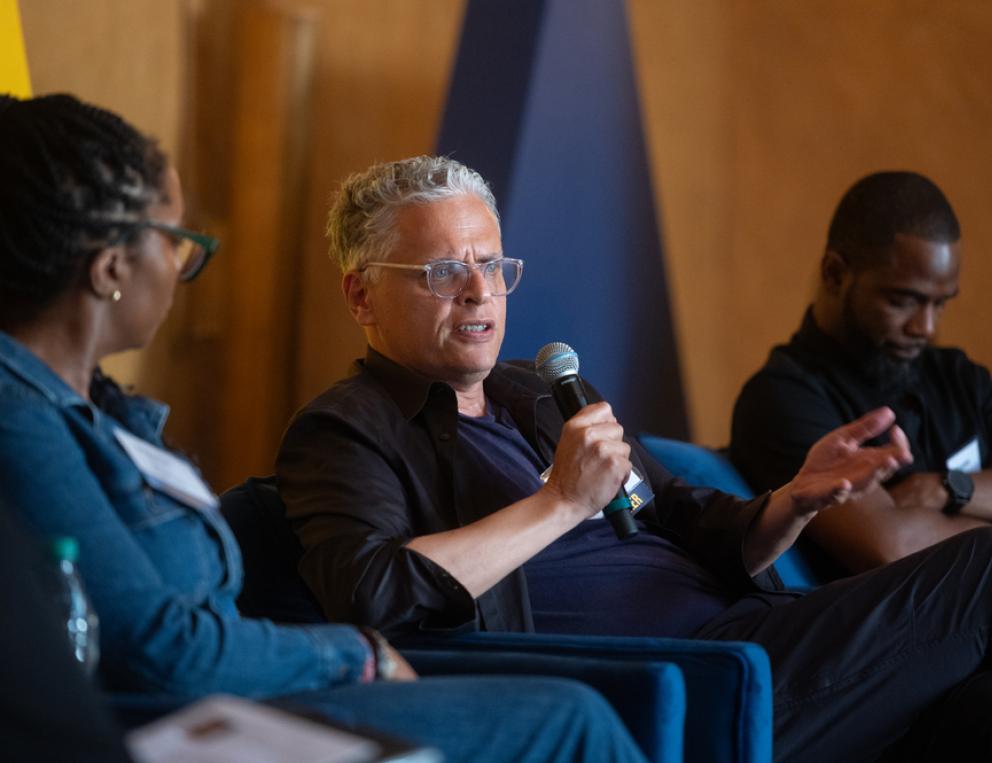Start Your Journey with Us
Georgia Tech is an elite research university where faculty sit at the center of our mission. We are known for our groundbreaking research in multiple subfields of computing, for our state-of-the-art facilities, our support for entrepreneurship, and for the work ethic and career success of our students.
The Georgia Tech Hiring processes must be fair and rigorous to ensure the successful recruitment and onboarding of the best candidate for each position. If you are interested in applying to work at Georgia Tech, please visit Careers @ Tech. In addition to the instructions listed under each position, each college has a Statement of Recruitment Procedures that defines its specific hiring practice. Please consult school- and college-level hiring administrators for this information.
Prospective Faculty Resources
Why Georgia Tech?
Our Colleges
Meet Our Faculty
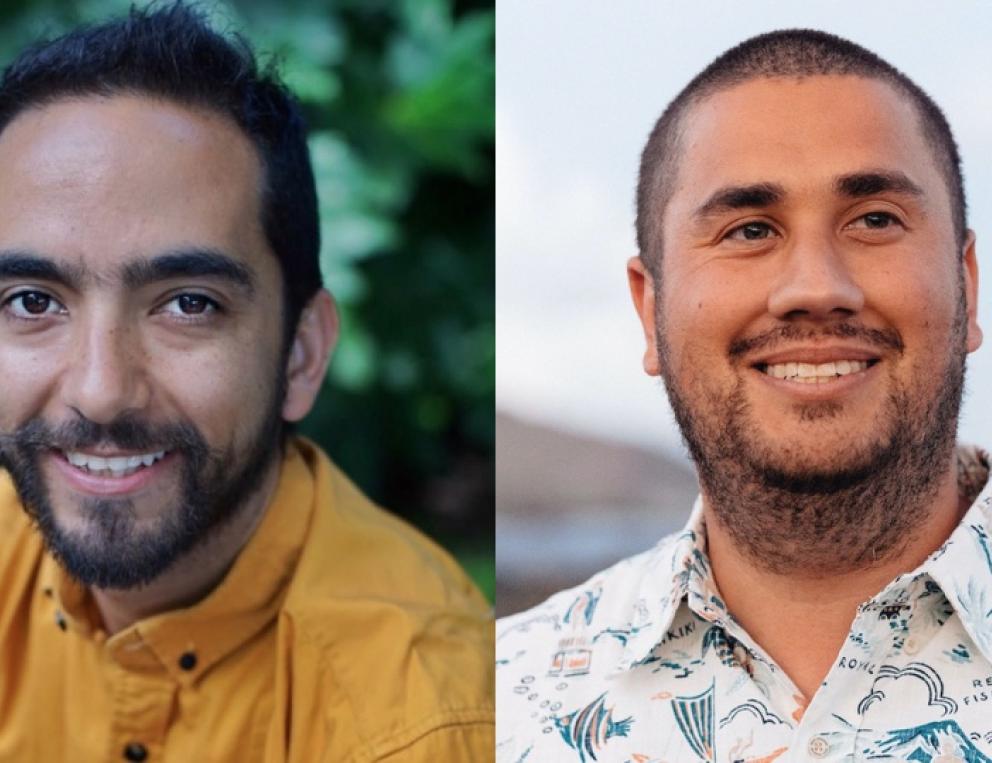
Georgia Tech Faculty Members Earn Presidential Awards
Two Georgia Tech professors have earned the Presidential Early Career Award for Scientists and Engineers, the highest honor bestowed by the U.S. government on early-career engineers and scientists.
Juan-Pablo Correa-Baena, associate professor and Goizueta Early Career Faculty Chair in the School of Materials Science and Engineering, and Josiah Hester, associate professor in the School of Interactive Computing, are among this year’s nearly 400 honorees.
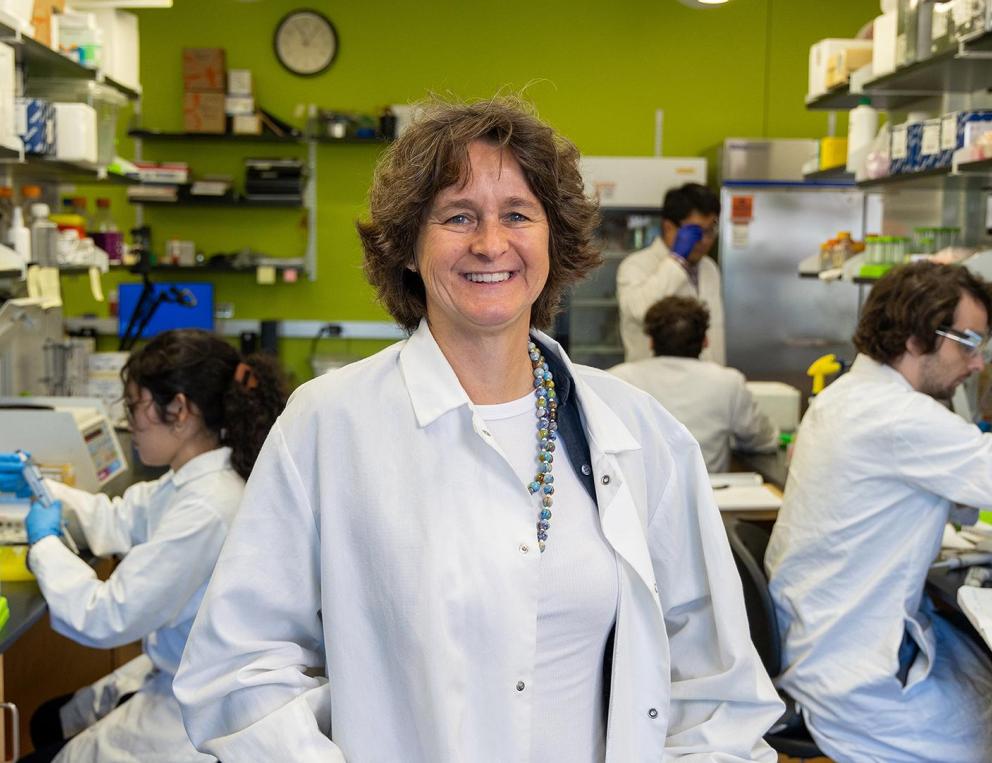
RNA’s Surprising Role in DNA Repair
A multi-institutional team of researchers, led by Georgia Tech’s Francesca Storici, has discovered a previously unknown role for RNA. Their insights could lead to improved treatments for diseases like cancer and neurodegenerative disorders while changing our understanding of genetic health and evolution.
Storici, a professor in the School of Biological Sciences, has dedicated her research to studying the molecules and mechanisms underlying damaged DNA repairs. Ten years ago, she and collaborators discovered that RNA could serve as a template for DSB repair.




